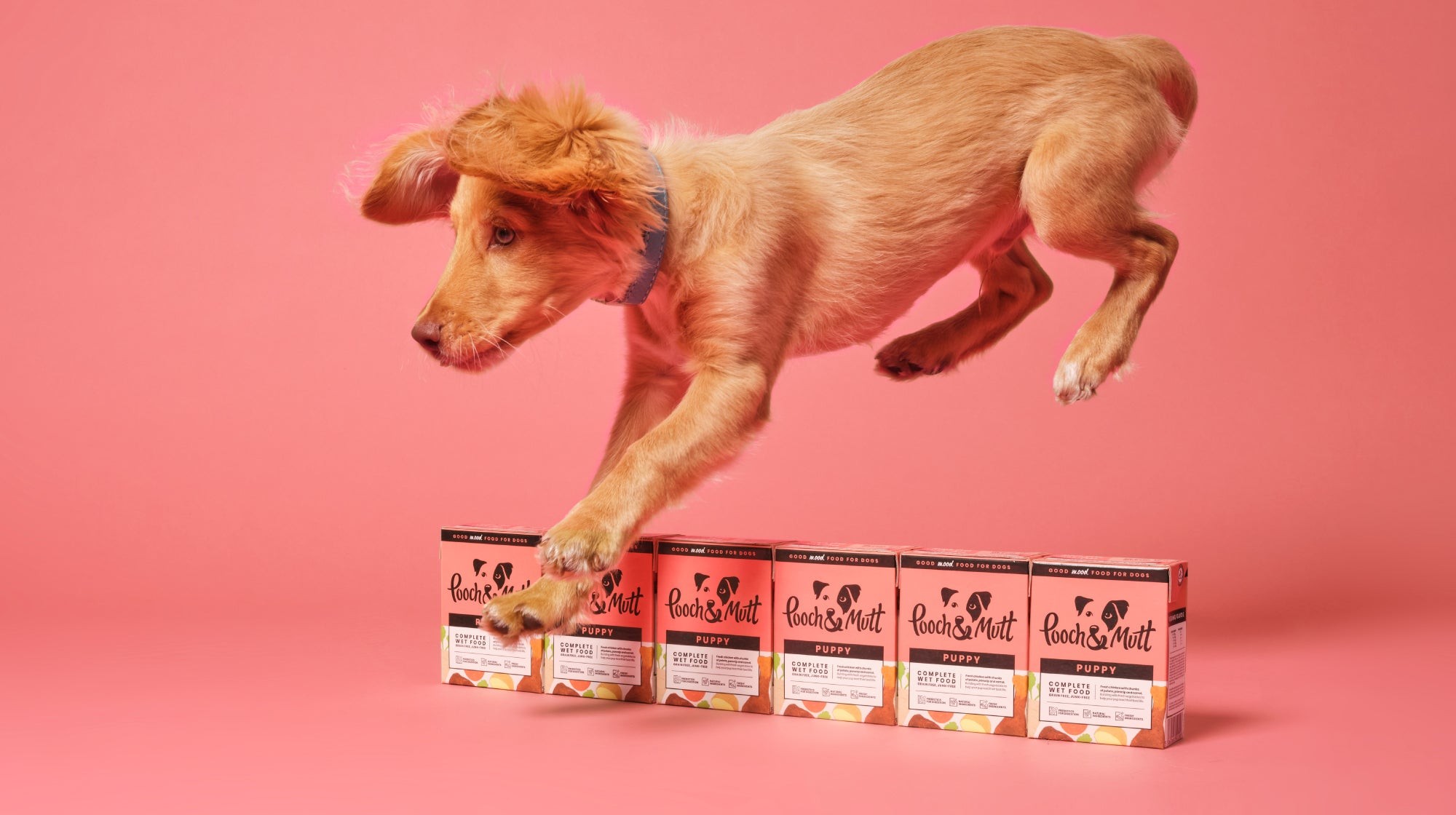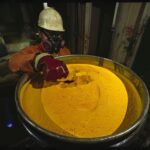Switching your dog’s diet, especially to wet food, can bring about questions and concerns. One common worry among dog owners is whether wet food can lead to diarrhea. This article aims to explore this topic, providing clarity and addressing common misconceptions.
Wet Dog Food FAQs
Let’s address some frequently asked questions about wet dog food and its potential impact on your dog’s digestive health.
Do Dogs Need Wet Food?
While not a necessity, wet food can be beneficial for certain dogs. Puppies with sensitive teeth, senior dogs with dental issues, or picky eaters may find wet food more palatable and easier to consume. The key is to ensure the food is nutritionally complete and digestible for your dog.
Is Wet Food Bad for Dogs?
Wet food is not inherently bad for dogs. As long as it’s a high-quality product with balanced nutrition, it can be a healthy option. Contrary to some beliefs, wet food is often lower in carbohydrates and higher in moisture, which can be beneficial for weight management and hydration. Always check the ingredient list to avoid brands with excessive fillers like rice or grains.
Is It Okay if My Dog Only Eats Wet Food?
Many dogs thrive on a solely wet food diet. The nutritional value and digestibility of wet food can be comparable to dry food. The most important factor is how your dog responds to the diet and whether they enjoy eating it.
Is Wet Dog Food Bad for Dogs’ Teeth?
Wet food doesn’t offer the same dental benefits as dry kibble, which can help scrape away tartar. Dogs on a wet food diet may be more prone to tartar buildup. However, with proper dental care, including regular check-ups and dental chews, wet food shouldn’t negatively impact your dog’s teeth.
Is Wet Dog Food Easier to Digest?
The digestibility of wet and dry food varies depending on the dog and the specific food. Some dogs may find grain-free wet food easier to digest, as grains can be a common source of digestive issues. Choosing a food that aligns with your dog’s dietary needs, age, breed, and size is crucial for optimal digestion.
Is Wet Dog Food More Fattening Than Dry?
It’s a common misconception that wet food is more fattening. In reality, wet food often contains fewer carbohydrates and less fat than dry food. The caloric content depends on the quality and ingredients of the food.
Can a Puppy Eat Wet Dog Food?
Wet food is an excellent choice for puppies, especially when they are transitioning from their mother’s milk around six weeks old. Its soft texture is gentle on their developing teeth, and its appealing taste can encourage them to eat and obtain essential nutrients for growth.
Is Wet Food Better for Older Dogs?
Senior dogs can greatly benefit from wet food. The higher moisture content supports hydration, the strong aroma stimulates their appetite, and the soft consistency is easy on their teeth. Mixing wet food with their usual dry food can provide these advantages while still maintaining some of the benefits of kibble.
Can I Heat Up Wet Dog Food?
Heating wet food can enhance its palatability, especially if it has been refrigerated. Adding warm water or briefly microwaving it (with caution to avoid overheating) can improve its taste and aroma. Always ensure the food is warm, not hot, before serving.
Wet Dog Food Myth Busting
Let’s debunk some common myths about wet dog food.
Myth: Wet Dog Food Causes Weight Gain
Wet food doesn’t inherently cause weight gain. In fact, it’s often used in weight management diets due to its lower carbohydrate content. However, low-quality wet food with excessive fat and fillers can contribute to weight gain.
Wet Dog Food Causes Diarrhea/Runny Poop
Does Wet Food Cause Diarrhea Dogs? Not likely. Diarrhea is not a typical result of feeding wet food. Various factors can cause digestive upset in dogs, including food poisoning, stress, environmental changes, or consuming something harmful.
If the wet food sits out for extended periods, it can spoil and harbor bacteria, leading to digestive issues. In such cases, dry food may be a better option for dogs that graze throughout the day.
Wet Dog Food Will Make Your Dog Poop More
There’s no solid evidence to support this claim. Increased bowel movements can result from dietary changes, stress, or food poisoning, but not necessarily from wet food itself.
Conclusion
Choosing the right food for your dog involves understanding their specific needs and the properties of different types of food. While wet food offers numerous benefits, it’s essential to select high-quality options and monitor your dog’s health. If you have concerns about your dog’s diet or digestive health, consult with your veterinarian for personalized advice.

